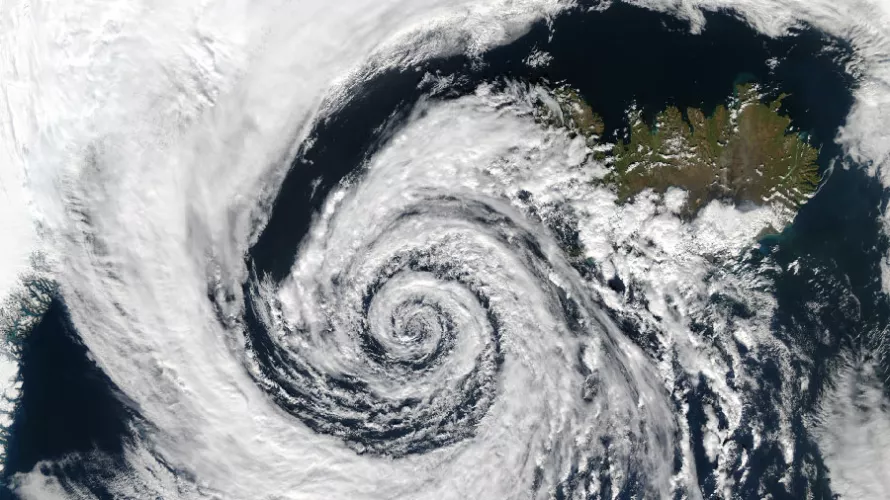
© Jacques Descloitres, MODIS Rapid Response Team, NASA/GSFC

© Jacques Descloitres, MODIS Rapid Response Team, NASA/GSFC
At the forthcoming G7 Ministerials this week and next, Germany should push for stronger joint efforts to exit international fossil fuel financing. Considering the latest IPCC findings and the urgent need to stop investment in coal, oil and gas, the financial activities of public finance institutions (PFIs) play an important role to achieve the goals of the Paris Agreement. This paper analyses the alignment of German and Korean PFIs’ climate and sector strategies with the Paris Agreement and makes recommendations on how their strategies can align with a 1.5°C goal.
Lutz Weischer - Head of Policy Berlin Germanwatch - talks with the Danish Minister of Climate, Energy and Utilities Dan Jørgensen about climate champions, international policy and the Climate Change Performance Index. Planet A is a podcast on climate change.
The G20 countries have a special role to combat climate change - they are responsible for a majority of global emissions. This year’s Climate Transparency Report shows that the efforts of the G20 countries are currently insufficient to limit climate change to the 1.5°C agreed in the Paris Agreement. After a short period of decline, due to the COVID-19 pandemic, emissions are rebounding across the G20. However, a positive development is that the expansion of Renewable Energy capacities are rising.
This policy brief introduces the connection and interdependencies of water, energy, and food (WEF) in Morocco. It gives advice on how to achieve socioeconomic and environmental goals through coordinated management of natural resources across sectors. A special focus lies on the role of women in the WEF nexus. Looking at the WEF challenges from a nexus perspective sheds light on the wider implications of sectoral interventions and helps to identify holistic management strategies.
30 years ago the Weimar Triangle was founded to promote European integration and to strengthen political ties between Poland, France and Germany. On the occasion of the EU Environment Council on the 6th of October and this year's anniversary of the Weimar Triangle, major environmental organizations from the three countries are calling for the establishment of a Green Weimar Triangle with new coordination and exchange formats for an intensive climate dialogue.
